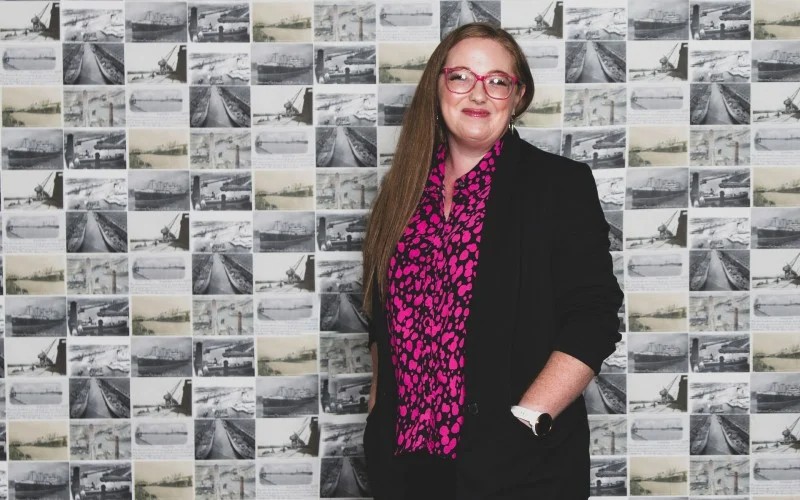Data is the lifeblood of modern healthcare – but it’s not enough on its own.
That’s the view of Emma-Louise Fusari, founder of In-House Health, and Keith Errey, co-founder and CEO, of Abingdon-headquartered Isansys Lifecare.
The pair spoke on BusinessCloud’s panel discussion – ‘How data is driving innovation in medicine and healthcare’ – at pro-manchester’s recent HeathTech conference.
Fusari is a former nurse who launched In-House Health to tackle stress and burnout in the tech sector via a data-first approach.
She said: “Data is driving healthcare. It allows clinicians and the people at the top of the ecosystem to notice trends and patterns and to able use that to shape policy going forward.
“At a lower level it allows consultants to provide more personalised care so patients buy into it more and become engaged.”
She said although data was critical in healthcare it was no substitute for businesses fixing ‘operational messes’ like excessive workloads and a lack of appropriate training for staff.
Keith Errey, co-founded Isansys Lifecare, which has developed a ground-breaking remote system to continuously monitor high-risk and vulnerable patients.
Isansys Lifecare – Every patient monitored, connected and safe
The Isansys Patient Status Engine (PSE) is a wireless platform that captures and analyses patients’ physiological data, such as heart rate, temperature, blood saturation, blood pressure and ECG, continuously and in real-time.
By using the data, clinicians can decide which patients need to be admitted to ICU and which ones can be treated in wards or at home.
“Data is the critical thing,” he said. “The continuous nature of the data is the key aspect of being able to understand that patient’s condition.”
Doctors can create their own measure that would trigger an alert, for examples if a patient’s heart beat or temperature went too high or too low.
Another way of monitoring a patient is called an Early Warning Score (EWS), which provides a commonly understood way to recognise the degree of deterioration or improvement in a patient’s health.
They were joined on the panel by James Kennedy, a partner at Cowgills, and Rory Cameron, CEO of Gendius.

